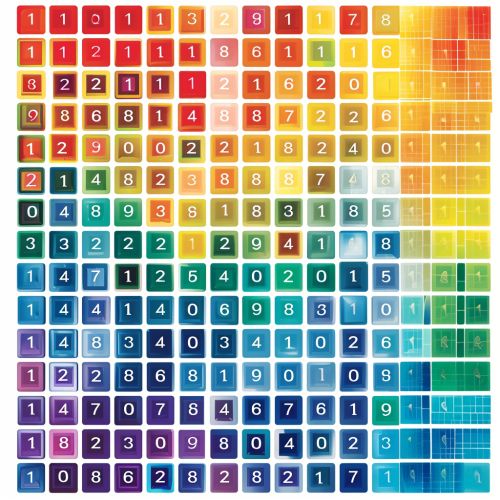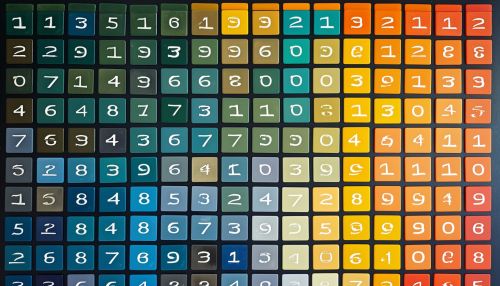Semiprime
Definition and Basic Properties
A semiprime, also known as a biprime or 2-almost prime, is a natural number that is the product of exactly two (not necessarily distinct) prime numbers. The two prime numbers are called the prime factors of the semiprime. For example, 6, 10, 14, 15, 21, and 22 are all semiprimes because each of them can be expressed as the product of two prime numbers.
Semiprimes are a special class of composite numbers, which are numbers that have more than two distinct divisors. However, unlike general composite numbers, semiprimes have exactly three distinct divisors: 1, the semiprime itself, and the two prime factors. This property makes semiprimes a subject of interest in number theory, a branch of mathematics dedicated to studying properties and relationships of numbers.


Distribution of Semiprimes
The distribution of semiprimes in the set of natural numbers is not uniform. As numbers get larger, the density of semiprimes among them decreases. This is a consequence of the prime number theorem, which states that the density of prime numbers among natural numbers decreases as the numbers get larger. Since semiprimes are products of two primes, their density is affected by the density of primes.
However, despite their decreasing density, the number of semiprimes less than a given number n grows roughly as a function of n/log(n)^2. This is known as the Hardy-Ramanujan theorem, named after the mathematicians G.H. Hardy and Srinivasa Ramanujan who first proved it.
Semiprimes in Cryptography
Semiprimes play a crucial role in the field of cryptography, particularly in the RSA encryption algorithm. RSA, named after its creators Ron Rivest, Adi Shamir, and Leonard Adleman, is a public-key encryption system widely used for secure data transmission.
In RSA, the security of the encryption relies on the difficulty of factoring large semiprime numbers. The public key used for encryption is a large semiprime, while the private key used for decryption is derived from the two prime factors of the semiprime. As long as the semiprime cannot be factored, the private key remains secure. This is based on the assumption that factoring is a computationally hard problem, i.e., no efficient algorithm exists for factoring large numbers.
Semiprimes and Mathematical Puzzles
Semiprimes also appear in various mathematical puzzles and problems. For instance, the problem of expressing a given even number as the sum of two semiprimes is known as the Goldbach's conjecture. Despite being simple to state, this problem has remained unsolved for centuries and is one of the oldest unsolved problems in number theory.
